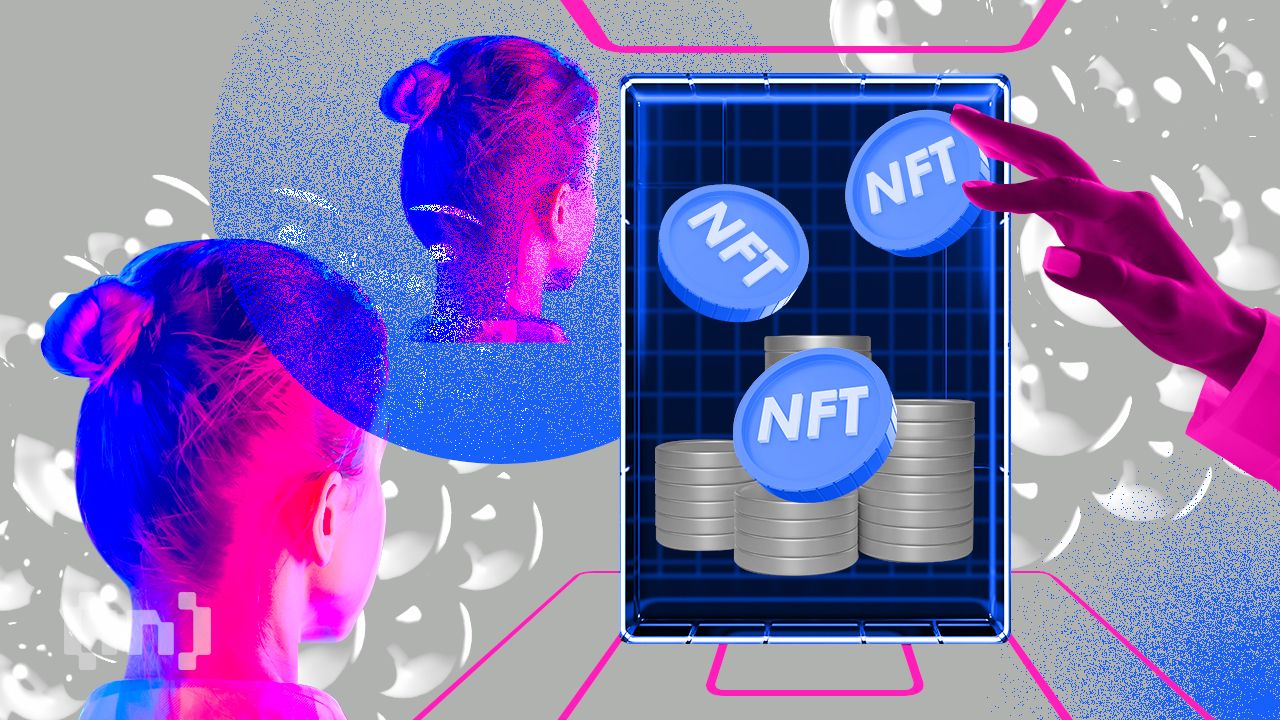Can blockchain help track outbreaks like E. coli in spinach?

Are new technologies like blockchain good ways to track food through the supply chain during food contamination outbreaks? New research pokes holes in that idea.
Food contamination outbreaks are common occurrences in the US food system and can be costly. In 2006, for example, 276 consumer illnesses and three deaths were attributed to one E coli outbreak in California, where spinach disappeared from supermarket shelves across the country for two weeks and the state’s farmers suffered $74 million in losses.
To protect themselves and their customers, retailers like Walmart have promoted blockchain as a new method to track perishable foods like leafy greens as they travel through the supply chain.
But what is the impact of such traceability technology, particularly on the strategic behavior of supply chain stakeholders, and does it deliver on its promises to increase safety and reduce waste? The answer, Fasheng Xu, professor of supply chain, operations and technology at Syracuse University and his colleagues found in their theoretical model, is complex and depends on the configuration of the supply chain.
The biggest advantage of blockchain in this context is immediately obvious: Its ability to capture, maintain and provide access to data along the supply chain makes it fast and efficient to find out where contaminated spinach or other products came from, allowing the continued sale of unaffected Products. (The researchers call this the “pure traceability effect.”)
Considering the various stakeholders in the supply chain – retailers, suppliers and farmers – complicates the picture. “They are self-interested and play games with each other to try to maximize their profits,” Xu explains. “Their strategic actions may backfire and may not lead to win-win-win, but to a triple loss.” (This is called the “strategic pricing effect.”)
For example, Walmart can strategically reduce the wholesale price of spinach, causing distributors to offer a lower purchase price to farmers. “The direct result is that farmers are going to spend less effort on improving the safety of the supply chain, so as a result, the pollution risk will be higher after this technology is adopted,” says Xu. The system and its individual supply chain members, including the retailer, end up worse off.
However, having a larger number of farmers in the system means that the benefits of pure traceability eventually outweigh the strategic pricing effect. “When we have so many farmers, it becomes more valuable to quickly identify which farm the contamination came from, because otherwise we have to destroy the products of all the farmers,” Xu explains.
In practice, the researchers recommend managers lock in the pricing system when traceability technology is put in place to discourage supply chain members from using strategic pricing and ensure that the benefits of the new system are shared equally. “Walmart can commit to the upstream suppliers and say that after they adopt this technology, it’s not going to change the wholesale price,” Xu says.
In fact, perfect traceability may not even be the best solution. “There are many different ways to provide alternative risk mitigation measures, such as security inspections in the middle of the supply chain,” says Xu. However, the study’s model only applies to this specific case of perishable products, he makes sure to emphasize. “If you look at other types of supply chains, like vehicle parts, it’s a different story.”
Co-authors of the study are from the John M. Olin School of Business at Washington University in St. Louis. An article about the findings will appear in the journal Management science.
Source: Syracuse University

























